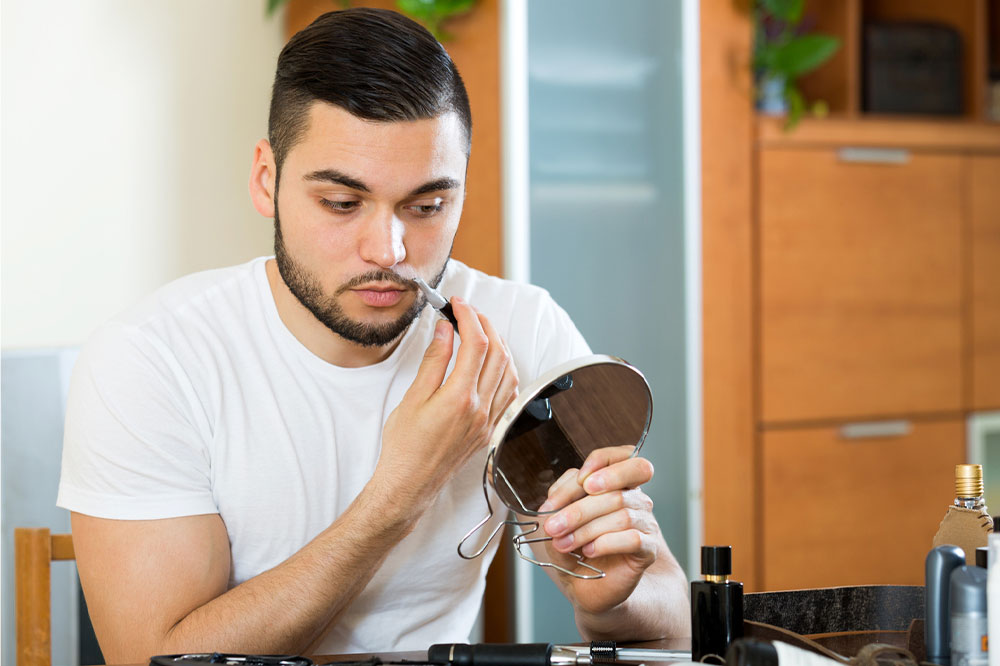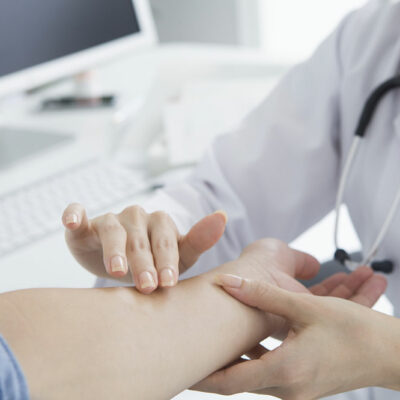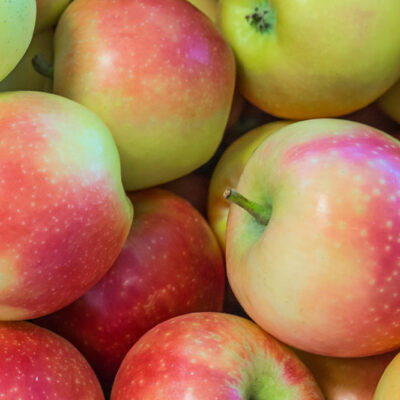4 beard grooming mistakes to avoid

Growing a beard can be fun, but maintaining it requires work. While one may believe that the secret to a luscious beard is just letting it grow and trimming it occasionally, facial hair may require further care. Further, making a few mistakes while grooming can result in the beard growing in an uneven manner. To help one steer clear of such outcomes, here are some of the most common beard grooming mistakes to avoid:
Maintaining a high neckline
This is arguably the most common beard grooming mistake one can make. Beards are defined by the neckline, and an inch of facial hair can be the difference between a beard looking great or like a chin strap. So, one should avoid trimming their beard all the way up to the jawline. Ideally, one should trim the neckline of their beard where the head connects to the neck, just above the Adam’s apple. This gives one a great side profile. Moreover, the additional neck hair provides a fuller look to the beard.
Trimming at the wrong time
Waiting too long before trimming or trimming too often can lead to undesirable results. If one waits too long, they end up sporting a primal, unwashed look. On the other hand, if one trims their facial hair too often, they expose themselves to more frequent cuts and bruises on the cheeks, jaw, and neck. Ideally, men should grow their beards for about 3 months before trimming them. Additionally, getting rid of wild hair every month or so helps keep a stable beard.
Combing before brushing
Brushing the beard right after waking up can help untangle the knots, after which combing will be less painful. However, if one combs their beard first, the teeth run into several knots, and untangling them all at the same can be painful.
Washing the beard every day
Washing the beard is important to keep it clean. However, washing it every day can strip the face of its natural oils and sebum. This causes dry skin. So, one should avoid using soap or shampoo on their beard every day and wash it only a couple of times per week.










